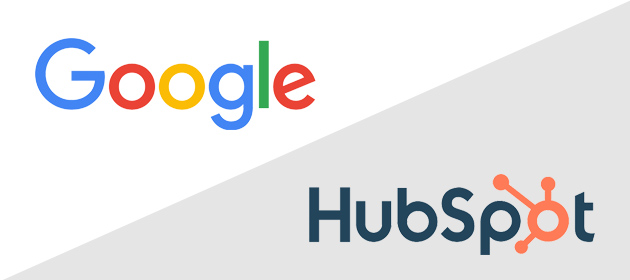Google’s parent company, Alphabet, is reportedly exploring a significant acquisition of HubSpot, the well-known U.S. marketing software maker with a market value of $35 billion.
If realised, this potential deal would be Google’s largest acquisition to date and could significantly bolster its position against Microsoft in offering cloud-based applications to businesses.
Strategic Expansion into Customer Relationship Management (CRM)
Google has been gradually challenging Microsoft’s dominance in the office productivity suite market with its Google Workspace offerings.
The acquisition of HubSpot would mark Google’s entry into the customer relationship management (CRM) sector, an area where Microsoft already has a strong presence with its Dynamics 365 products. Analysts believe Google aims to take market share from Microsoft by bundling HubSpot’s applications with its own, creating a comprehensive suite for clients.
HubSpot’s Growth and Challenges
HubSpot, which specialises in marketing software for small and medium-sized businesses (SMBs), has been seeking ways to sustain its sales growth amid a broader economic slowdown.
Despite reporting a 23% increase in sales and a 15% operating margin in the first quarter, HubSpot’s CEO Yamini Rangan noted that client demand had weakened as SMBs become wary of high interest rates.
Analysts have pointed out that HubSpot’s reliance on smaller businesses could become a vulnerability if these clients face tighter lending standards and reduced access to funding.
HubSpot’s Market Position
HubSpot, which took in $2.17 billion last year, is used by nearly one in three (32%) U.S. B2B go-to-market leaders. If a deal with Google materialises, it could potentially help HubSpot emerge as a stronger competitor in the CRM space.
As of 2022, HubSpot holds a mere 4.9% market share in the CRM space, according to technology researcher Gartner. In contrast, Salesforce and Adobe each command a 15% share. By leveraging Google’s resources and technologies, HubSpot could enhance its offerings and provide more competitive prices for customers.
This acquisition would allow Google to significantly bolster its presence in the rapidly growing CRM and marketing automation space, gaining a competitive edge in serving SMEs and leveraging HubSpot’s treasure trove of first-party customer data for more targeted and effective advertising campaigns.
Synergies in Marketing and Advertising
HubSpot’s expertise in inbound marketing, which relies on attracting customers through search engines and social media, aligns well with Google’s strengths.
Acquiring HubSpot would provide Google with a means to better leverage valuable first-party data, which is crucial as the company prepares to eliminate third-party cookies from its Chrome browser in 2025 (recently pushed back from late 2024).
The impending removal of third-party cookies from Google Chrome marks a significant shift in digital advertising and user privacy. Third-party cookies have traditionally been used by advertisers to track users across different websites, enabling targeted advertising. However, growing concerns over privacy and data security have prompted regulators and tech companies to push for more privacy-focused solutions.
First-party data refers to information that a company collects directly from its customers through interactions on its own platforms. This makes it more reliable and valuable compared to third-party data, which is collected by external entities and often housed in CRM software like Hubspot.
HubSpot’s CRM capabilities enable businesses to collect, manage, and analyse first-party data, providing deep insights into customer behaviour and preferences. This integration would allow Google to help clients create more targeted and effective marketing campaigns, even in a world without third-party cookies.
Regulatory Considerations
Despite the strategic benefits, the potential acquisition of HubSpot could face scrutiny from antitrust regulators in both the U.S. and Europe. Although many experts agree that the deal would not significantly reduce competition due to the presence of several major players in the CRM sector, there is a growing regulatory aversion to large tech companies expanding through acquisitions.




RECOMMENDED FOR YOU
Google Rebuilds Checkout For AI Shopping
Agentic shopping has moved from theory to reality, and…
Agentic shopping has moved from theory to reality, and…
Google AI To Power Apple’s Siri
Apple has officially teamed up with Google in a…
Apple has officially teamed up with Google in a…
Google’s Nano Banana AI App Fuels Growth
Google’s latest AI success story is not a productivity…
Google’s latest AI success story is not a productivity…